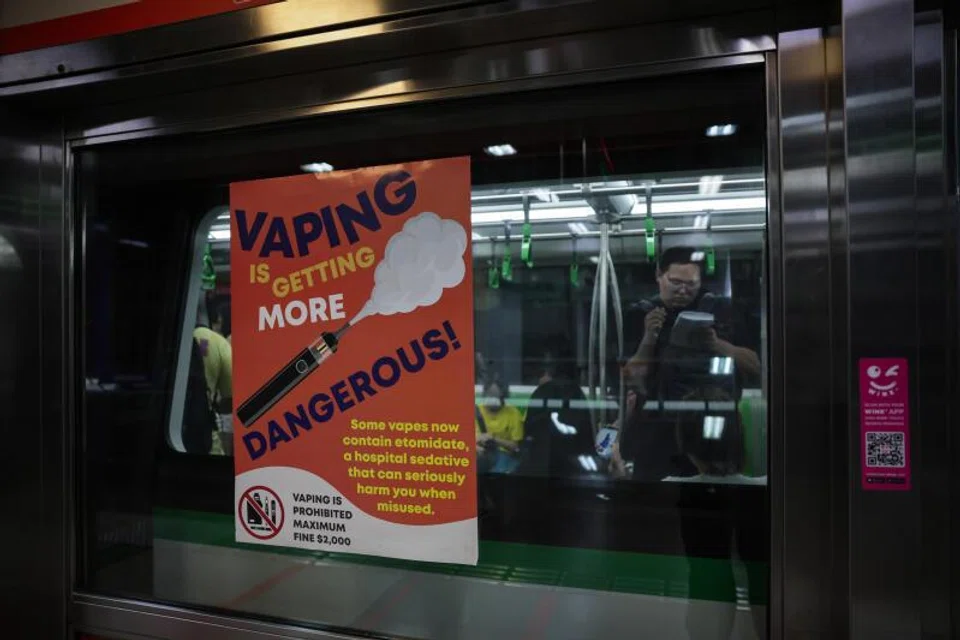
According to CentralAsia media, Mongolia has strengthened regulations on the sale of e-cigarettes to minors, and the new rule will take effect immediately.
It is understood that in recent years, e-cigarettes have become popular among Mongolian teenagers aged 13-15. In response to this trend, Ulaanbaatar Mayor Njambataryn Hishgee has issued a ban on selling e-cigarette products to those under the age of 18.
According to a survey conducted by the Ulaanbaatar Department of Education, there are 8,938 school-aged children in Ulaanbaatar who are using e-cigarettes. Among them, male students account for 77.6% and female students account for 22.4%. Due to the significant risks to the youth population, the mayor has ordered a strict ban on selling e-cigarette products to individuals under the age of 18.
Businesses and individuals who violate the new regulations will face administrative penalties, and in severe cases, the company's operations may be suspended. This is to prevent the sale of similar products to minors.
We welcome news tips, article submissions, interview requests, or comments on this piece.
Please contact us at info@2firsts.com, or reach out to Alan Zhao, CEO of 2Firsts, on LinkedIn
Notice
1. This article is intended solely for professional research purposes related to industry, technology, and policy. Any references to brands or products are made purely for objective description and do not constitute any form of endorsement, recommendation, or promotion by 2Firsts.
2. The use of nicotine-containing products — including, but not limited to, cigarettes, e-cigarettes, nicotine pouchand heated tobacco products — carries significant health risks. Users are responsible for complying with all applicable laws and regulations in their respective jurisdictions.
3. This article is not intended to serve as the basis for any investment decisions or financial advice. 2Firsts assumes no direct or indirect liability for any inaccuracies or errors in the content.
4. Access to this article is strictly prohibited for individuals below the legal age in their jurisdiction.
Copyright
This article is either an original work created by 2Firsts or a reproduction from third-party sources with proper attribution. All copyrights and usage rights belong to 2Firsts or the original content provider. Unauthorized reproduction, distribution, or any other form of unauthorized use by any individual or organization is strictly prohibited. Violators will be held legally accountable.
For copyright-related inquiries, please contact: info@2firsts.com
AI Assistance Disclaimer
This article may have been enhanced using AI tools to improve translation and editorial efficiency. However, due to technical limitations, inaccuracies may occur. Readers are encouraged to refer to the cited sources for the most accurate information.
We welcome any corrections or feedback. Please contact us at: info@2firsts.com







